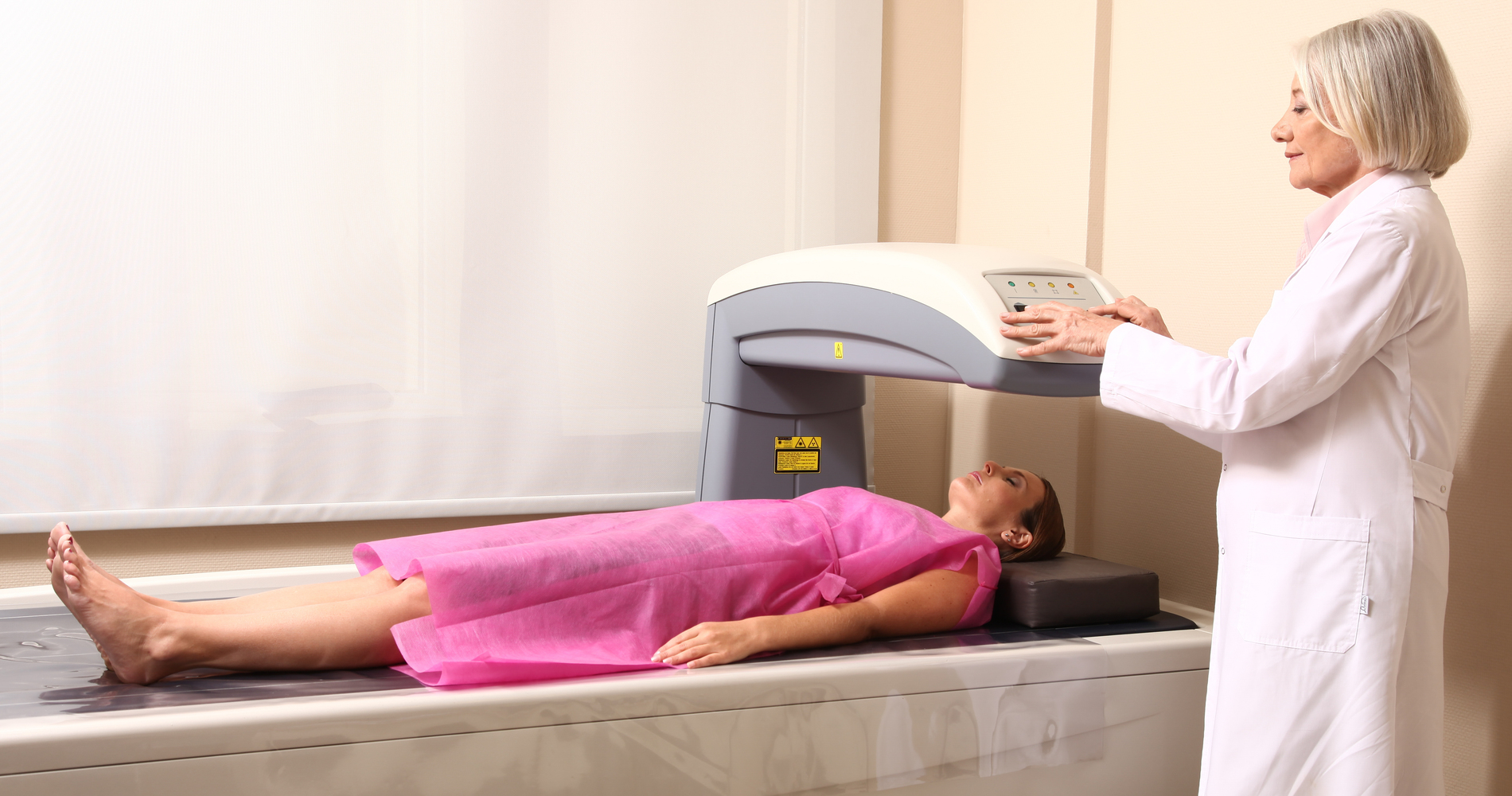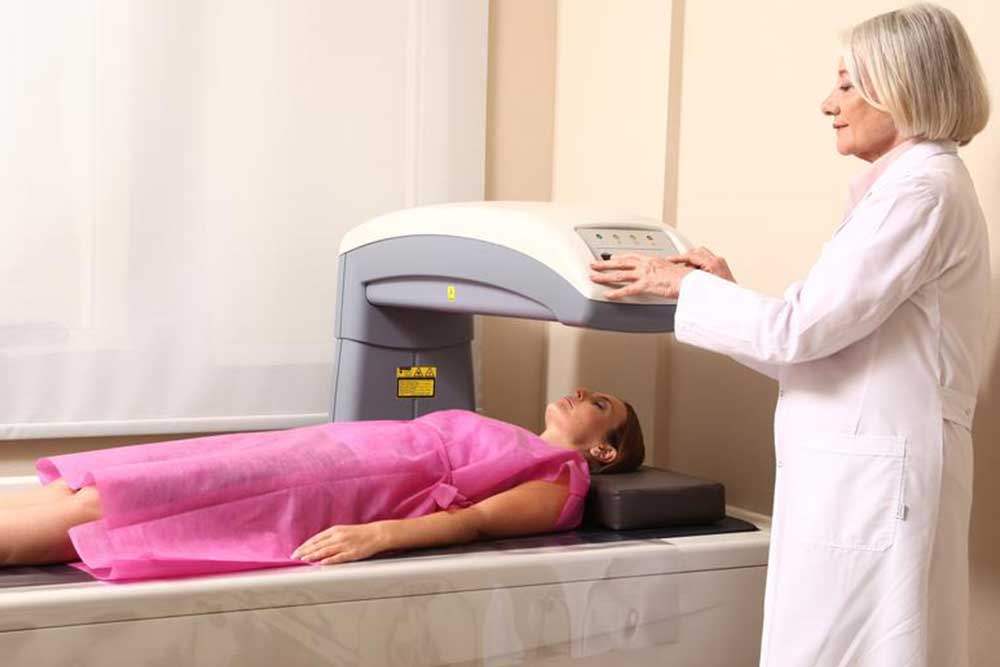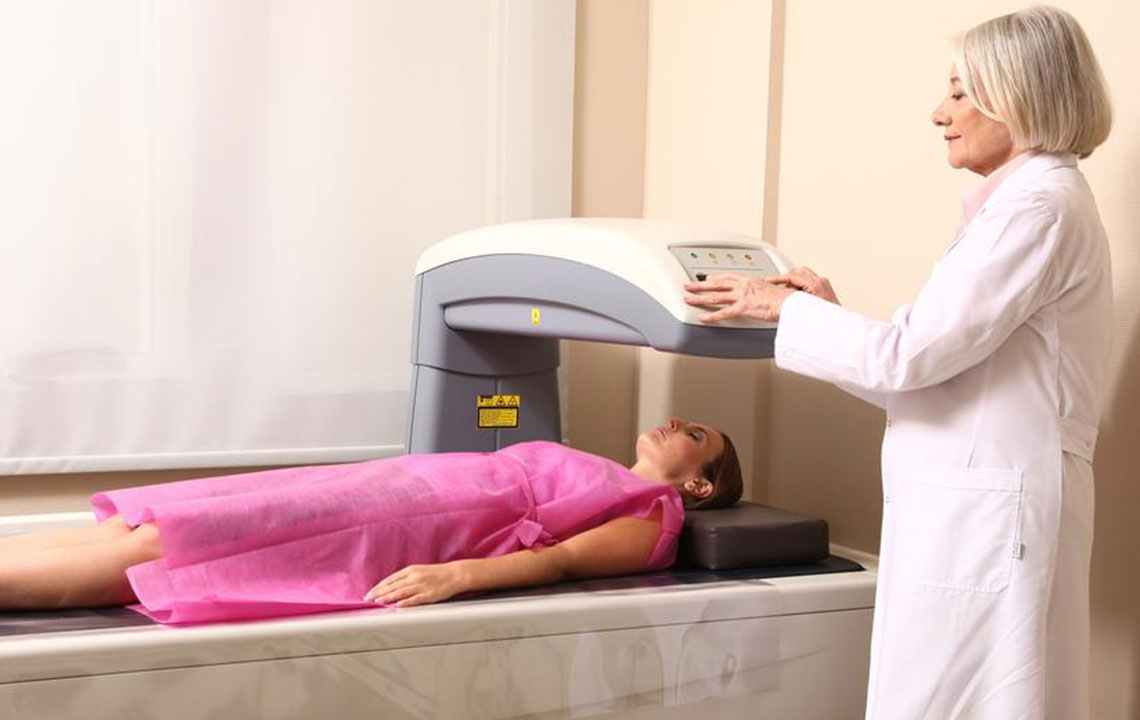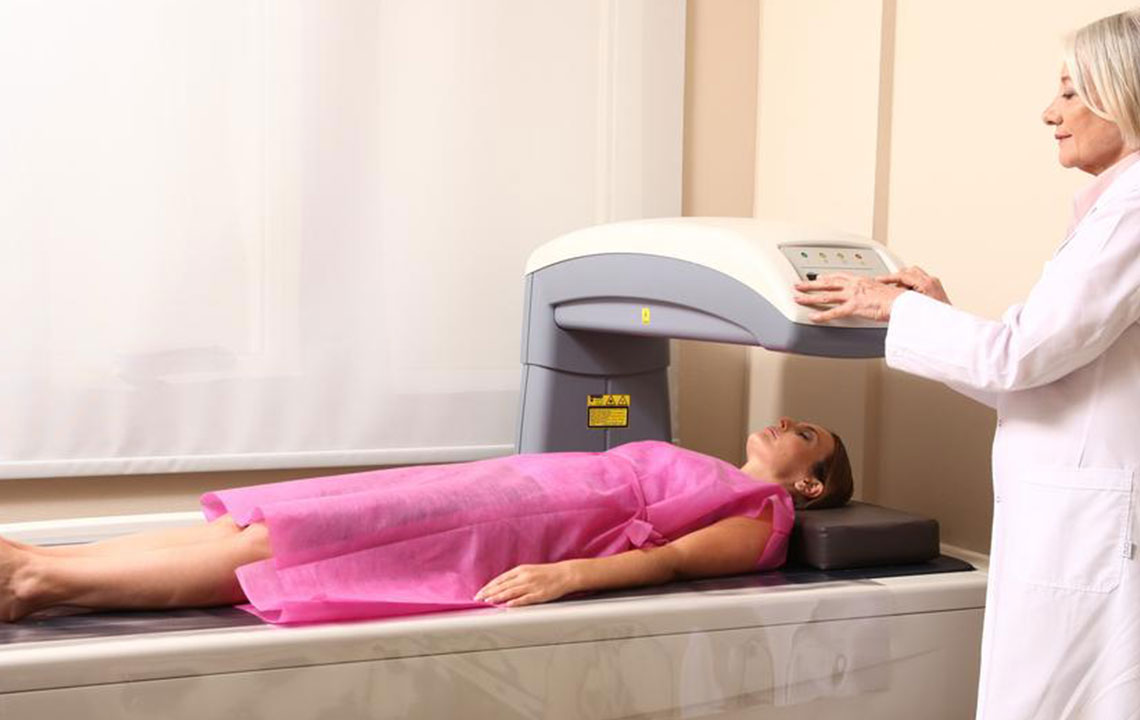Understanding Bone Density Tests: Essential Information for Bone Health
Learn about bone density testing, its importance, how it differs from a bone scan, who should consider it, and tips for maintaining healthy bones. Early assessment helps prevent fractures and manage osteoporosis effectively. Simple, painless, and essential for maintaining optimal skeletal health at any age.

Understanding Bone Density Tests: Essential Information for Bone Health
The bone density assessment is a crucial diagnostic tool to evaluate bone strength and determine osteoporosis risk. It typically involves a DEXA scan, an X-ray-based procedure that measures mineral content—primarily calcium—in specific bones such as the hips, spine, and forearms. The primary purpose is to assess bone health accurately and help prevent fractures before they occur.
Regular bone density testing can help identify early signs of bone loss, allowing timely intervention to prevent fractures. Key reasons to undergo this test include monitoring osteoporosis, evaluating fracture risk, and guiding treatment plans.
Healthcare providers may recommend bone density assessments for individuals experiencing height loss, fractures from minor falls, or those on long-term medications affecting bone health. It is also advised for patients post-organ transplants or with hormonal imbalances, as they face higher osteoporosis risks.
Unlike a bone scan, which detects bone anomalies using nuclear imaging to diagnose issues like tumors or infections, a bone density test focuses solely on mineral quantification to evaluate bone strength. Those aged 50-69 with risk factors such as low body weight, smoking, alcohol use, or corticosteroid use should consider regular testing.
While generally safe, bone density tests involve minimal radiation exposure and require no special preparation. Maintaining strong bones entails regular weight-bearing exercise, a diet rich in calcium and vitamin D, avoiding smoking and alcohol, and consulting healthcare providers about medications affecting bone health.
Prioritize bone health today by scheduling a bone density assessment, especially if you belong to higher-risk groups, to ensure lifelong skeletal strength and prevent fractures.
Disclaimer:
The information provided is for educational purposes and should not replace professional medical advice. Always consult your healthcare provider for personalized recommendations.










